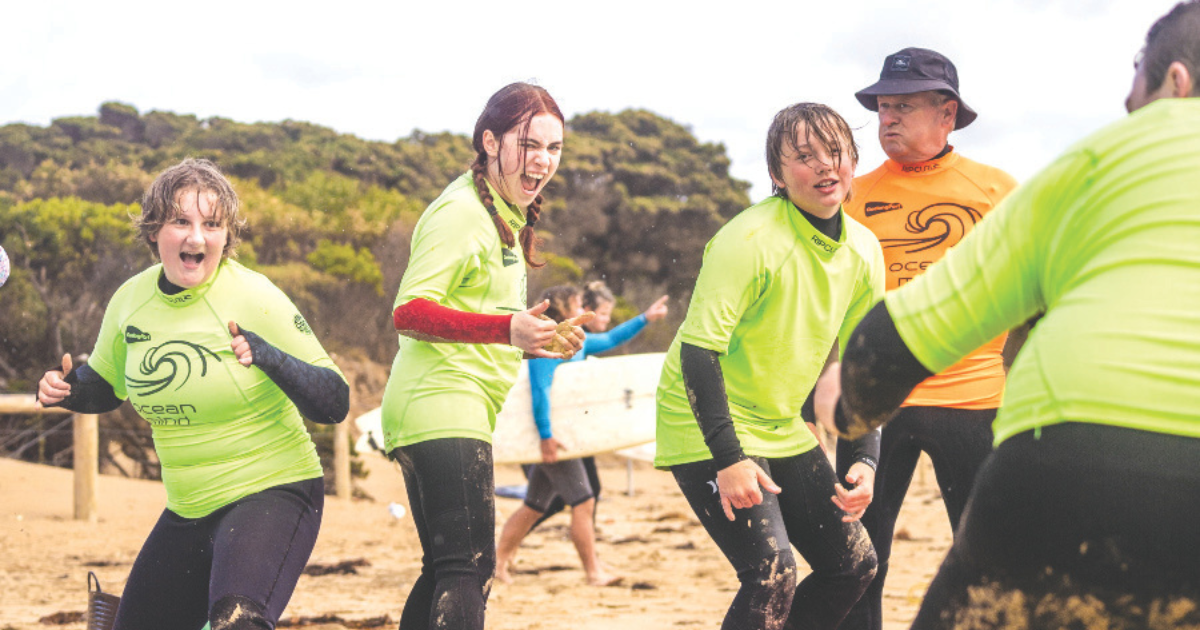Universities unite on protection plan for Great Ocean Road

The Great Ocean Road attracted more tourists per year than Uluru and the Great Barrier Reef combined in 2018-19.
FOUR of the country’s top university design schools will lend their expertise to helping create a strategic plan for the future of the Great Ocean Road to ensure the iconic destination isn’t “loved to death”.
The “Designing Futures for the GOR” project will involve hundreds of post-graduate students – initially from The University of Melbourne, Monash, RMIT and Swinburne – who will collaborate with the Great Ocean Road Coast and Parks Authority on the project this year.
Uniting under the banner of Eco-Acupuncture International, the students’ task will be to develop new visions, new models for ‘regenerative tourism’ and ‘destination resilience’ for the premier tourist attraction through research and creative problem-solving.
In 2018-19 the 240-kilometre stretch of road attracted more tourists per year than Uluru and the Great Barrier Reef combined, with the impact of over-visitation damaging the road and putting its diverse ecosystems, landscapes, communities and businesses under threat in the long-term.
Project co-ordinator, Professor Chris Ryan from The University of Melbourne, said the creative involvement of university design-research programs had been successful in finding solutions for future environmental challenges around the world.
“Melbourne has led the world in directing post-graduate design research and education to the exploration of emerging societal challenges.
“Now, that wealth of knowledge will be focused back home, on the GOR.
“Planning for the future of the road must avoid the damaging impacts of ‘extractive tourism’.
“That is surely one of the great creative challenges for our post-COVID recovery. This is something our future design and planning professionals must be equipped to address.”
Professor Alan Pert, director of Melbourne School of Design at The University of Melbourne, said the project was about the process of change and how we adapt to it.
“Climate change, last summer’s bushfires, coastal erosion, sea-level rise and the global pandemic have all magnified the deficiencies of how we manage our lives, and our environment, and there is no question that we have come to a turning point in our relationship with the physical and the natural world.
“The lockdown has forced everyone into a kind of retreat, a moment for reflection, a global pause, and before we press play again, we need to take stock and think about how we might create a better future.”
All work will be publicly accessible as it progresses, with presentations and exhibitions both online and in the coastal townships along the GOR to ensure community consultation is at the core of any work carried out by GORAPA.
RMIT’s Professor Michael Trudgeon described it as an extraordinary opportunity for an integrated approach which unlocked the accumulated knowledges of the many local communities along the road.
“What we learn and test at those sites has the potential to transform our collective understanding about how to both enjoy and preserve this remarkable and unique destination for our collective future.”
PSC, Melbourne’s internationally acclaimed photography school, will document the project and it is anticipated other universities and institutes will join the program.

















